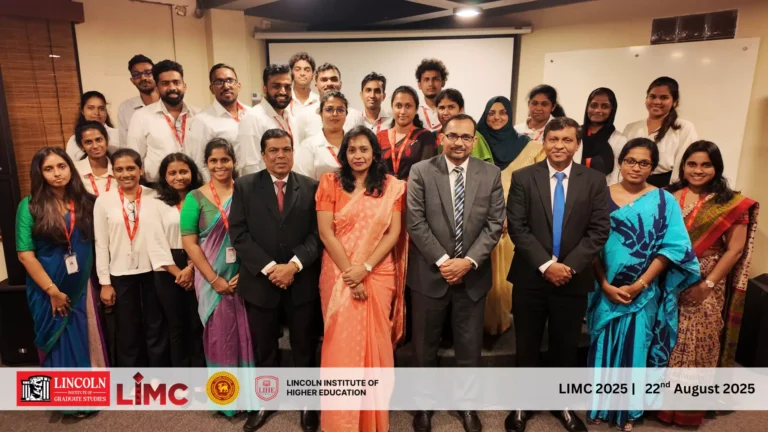Impact of AI in Medical Healthcare
The current landscape of the medical healthcare field underscores significant global demographic changes, marked by an increasing population aged over 65, with projections estimating that the number of individuals in this age group will reach 1 billion by 2050. This demographic shift, notably prevalent in developing countries, intensifies the health challenges associated with aging and lifestyle-related diseases, such as cancer, diabetes, and heart disease. Statistical evidence supports these trends, revealing that chronic non-communicable diseases constitute a major health problem, affecting approximately 16% of the total world population, or 1.5 billion people.
In response to these challenges, there is a pressing need to revamp outdated healthcare approaches. According to Porter ME (2008) in “Value-based Health Care Delivery,” this era demands a departure from conventional methods, urging the healthcare sector to embrace new, innovative concepts. Statistical data further emphasizes the urgency of change, revealing a notable rise in healthcare costs and a critical juncture where understanding the difference between “health” and “care” becomes imperative.
Transitioning to a value-based healthcare model is supported by statistical evidence indicating that public awareness of health correlates with increased healthcare spending. Such alignment creates opportunities to enhance health management practices and, concurrently, reduce overall healthcare costs. McMahon Jr LF et al. (2016) in “Health System Loyalty Programs: An Innovation in Customer Care and Service” discusses the potential benefits of loyalty programs in healthcare, showcasing the strategic utilization of innovative concepts to improve patient outcomes and reduce costs.
Analyzing healthcare data is paramount in this transformative era, and statistical insights from powerful analytical techniques are crucial. Machine learning, a branch of artificial intelligence, stands out as a potent tool for data analysis, enabling the identification of patterns and complex scenarios. Statistical evidence showcases the efficacy of machine learning algorithms, including decision trees, Naive Bayes, and support vector machines in supervised learning, as well as K Means clustering and Principal Component Analysis in unsupervised learning (Holzinger A. 2016, Interactive Machine Learning for Health Informatics).
The rise of AI in the medical field is substantiated by statistical evidence highlighting the growing demand for medical services and the shortage of healthcare professionals. Miller DD and Brown EW (2018) in “Artificial Intelligence in Medical Practice: The Question to the Answer?” provide statistical insights into how AI can assist medical professionals in administrative tasks, clinical documentation, patient outreach, and image analysis.
Furthermore, the convergence of artificial intelligence and medical visualization, as discussed by Hashimoto DA et al. (2018) in “Artificial Intelligence in Surgery: Promises and Perils,” is supported by statistical evidence showcasing the impact of computer vision, augmented reality, and virtual reality in improving surgical characteristics and talents.
In the realm of disease treatment, statistical evidence underscores AI’s role in early cancer diagnostics, as evidenced by studies like Toratani et al. (2008) in “A Convolutional Neural Network Uses Microscopic Images to Differentiate Between Mouse and Human Cell Lines and Their Radioresistant Clones.” Such studies showcase the ability of AI, particularly convolutional neural networks, to examine cancer tissue sections and identify radiation-sensitive areas based on computational image segmentation.
In conclusion, the transformative impact of AI in medical healthcare is substantiated by a wealth of statistical evidence. From demographic shifts and the prevalence of non-communicable diseases to the efficacy of value-based healthcare models and the rise of AI in diagnostics and treatment, the integration of statistical insights fortifies the argument for embracing innovative concepts in shaping the future of healthcare.
Kalindu Gimantha – Bachelor of Computer Science (Hons) in Cybersecurity and Network Technology






